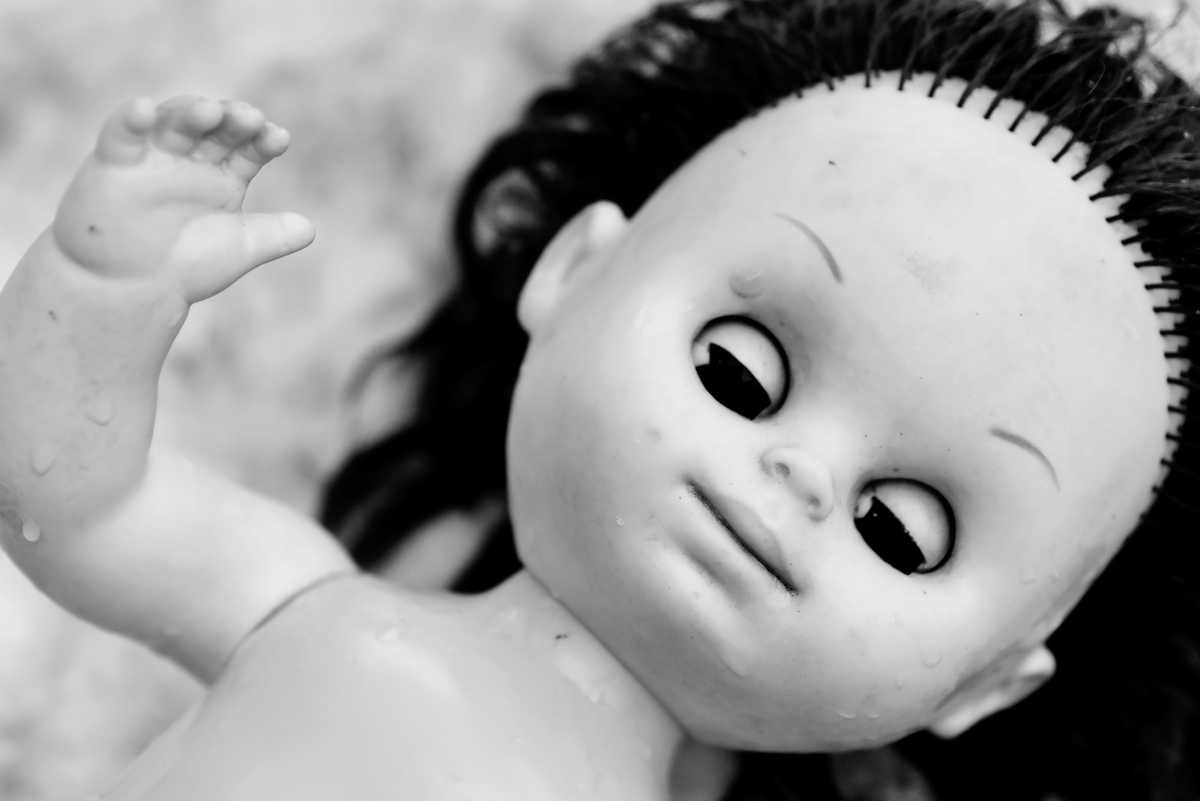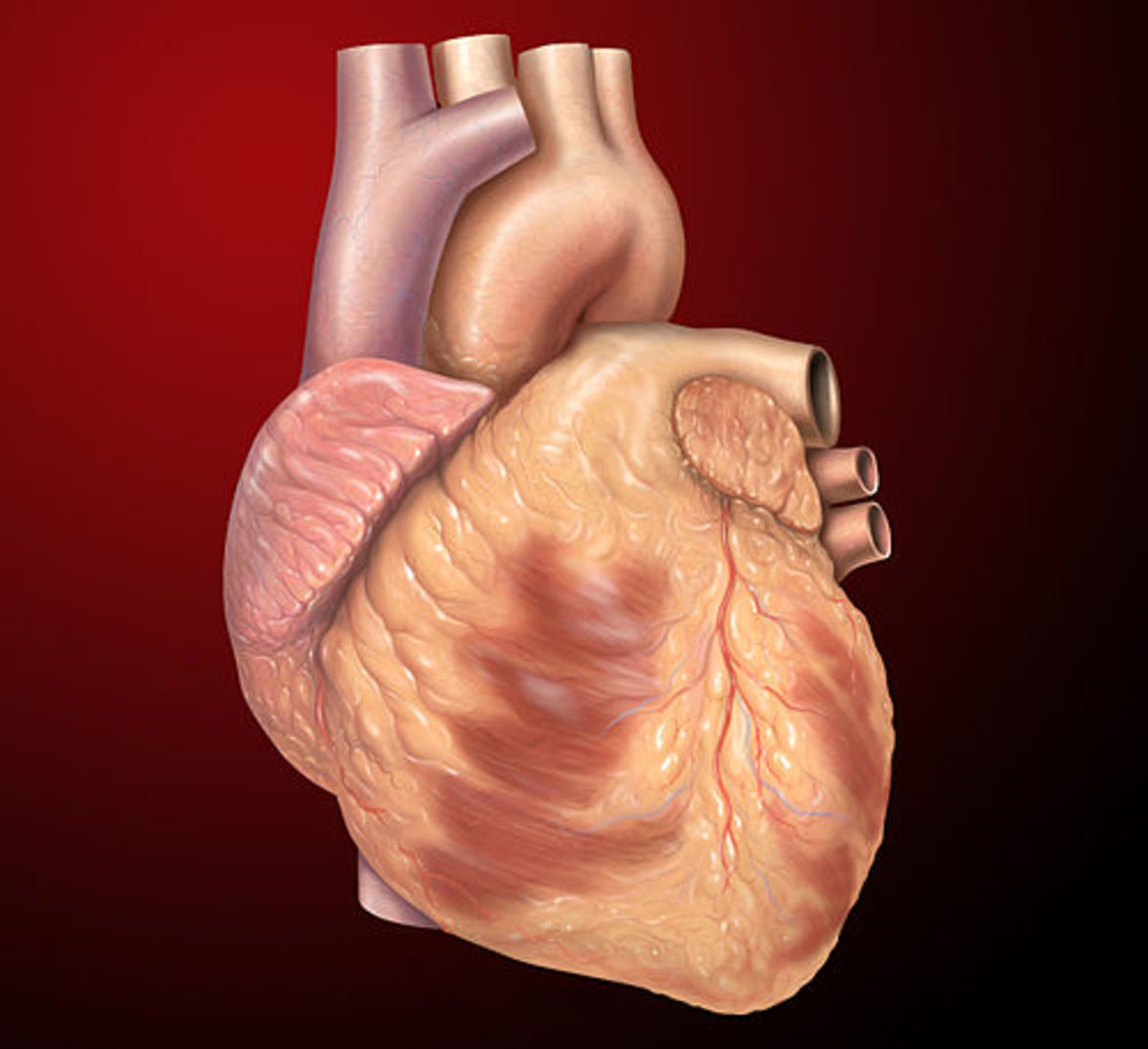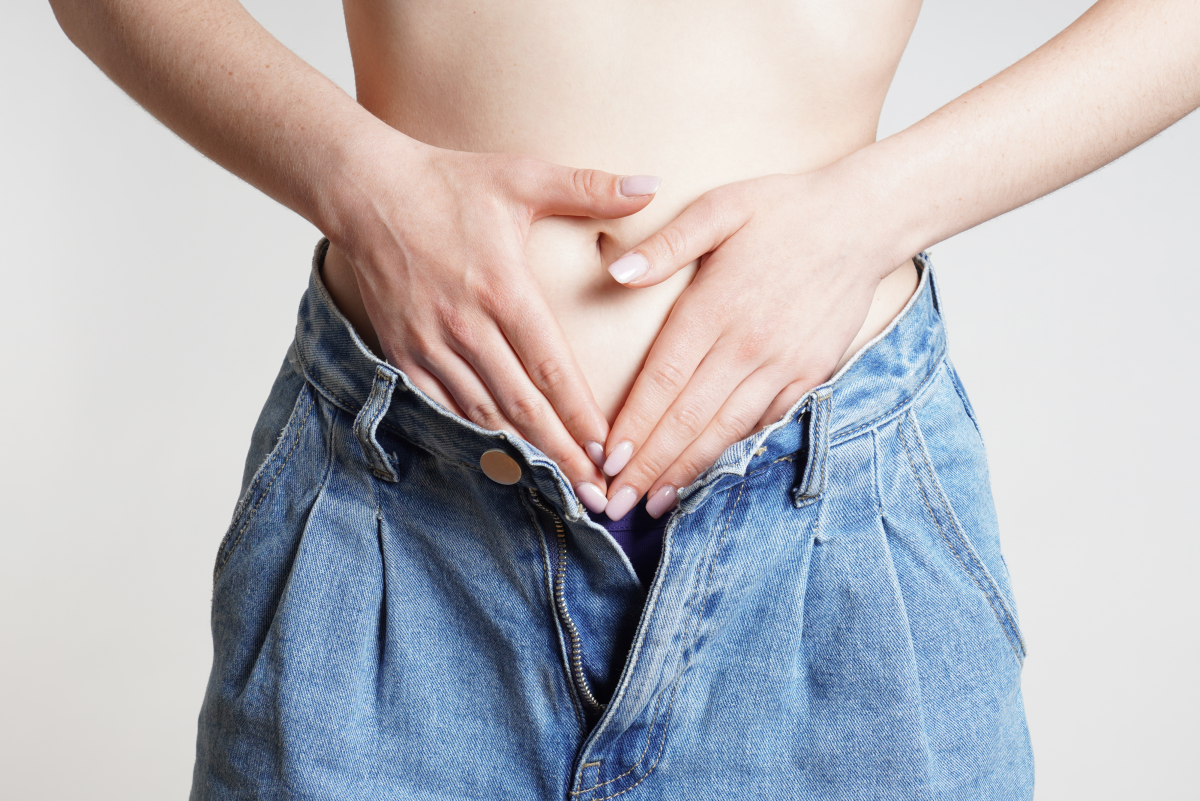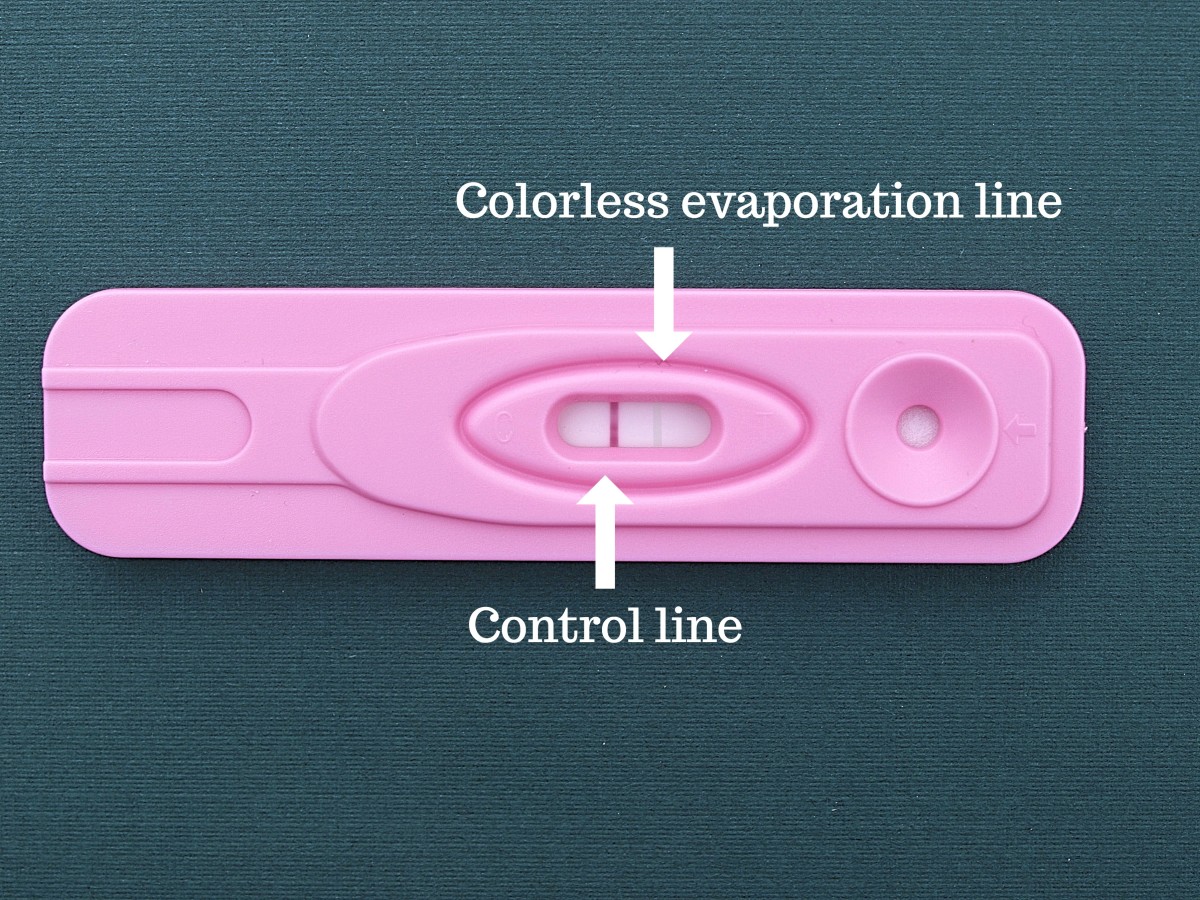- HubPages»
- Health»
- Women's Health»
- Pregnancy
Signs of Postpartum Depression

Ten Percent of Women Will Suffer From Postpartum Depression
Approximately 10 percent of women will suffer from postpartum depression. Symptoms usually begin occurring in the first week or two after birth. In many cases they can last up to a year. In extreme cases, postpartum depression can last even longer. A family history of PPD increases a woman's risk of suffering from it herself. Also, if postpartum depression is a problem during a first pregnancy, there is a strong likelihood that it will occur following subsequent pregnancies. Other risk factors that can lead to the condition are an unwanted pregnancy, a difficult birth, and giving birth to a child with health problems.
Contributing Factors to Postpartum Depression
When the new mother is left to face the care of her newborn with little or no help, or feels isolated from the outside world, she is more likely to develop postpartum depression. The lack of a strong support system from her partner, family members or friends, seems to be a common occurrence among those who suffer from PPD.
Though no exact cause of depression following birth has been found, experts agree that stress along with the hormonal changes that occur during and after pregnancy are contributing factors.

Warning Signs of PPD
The new mother's overwhelming feeling of inadequacy is a warning sign of PPD. There are many other signs such as irritability, loss of concentration, inability to sleep, crying, and loss of appetite. When a mother feels she is incapable of being a good mother and is unable to care for her new baby, she is most likely suffering from postpartum depression.
On the lookout for PPD, physicians assess the presence of risk factors and look for early signs of depression during pregnancy. An early diagnosis can lead to faster treatment, which varies with each case, but usually consists of a combination of counseling and medication.
Severe Depression Effects the Relationship Between Mother and Child
It is normal and expected for the new mother to have bouts of depression brought on by the overwhelming idea of being responsible for the care and nurturing of her new baby. But she needs to seek immediate medical help when these feelings lead to hopelessness, suicidal thoughts or an urge to harm the baby. Severe depression can have a long term effect on the relationship between a mother and her child.
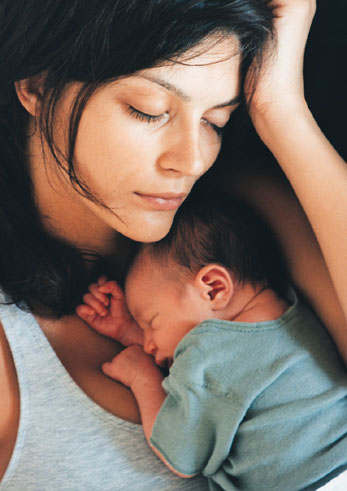
Helpful Links About PPD
- Postpartum Depression: What Is It, and What Causes It?
WebMD explains what PPD (postpartum depression) is and what causes it. Learn the signs to look for and what increases your risk. - Postpartum depression - MayoClinic.com
Postpartum depression Comprehensive overview covers symptoms, diagnosis, treatment of depression in new mothers. - Depression During and After Pregnancy | Frequently Asked Questions | WomensHealth.gov
Mild or severe depression during and after pregnancy is a common problem with roughly 13 percent of all pregnant women experiencing symptoms



